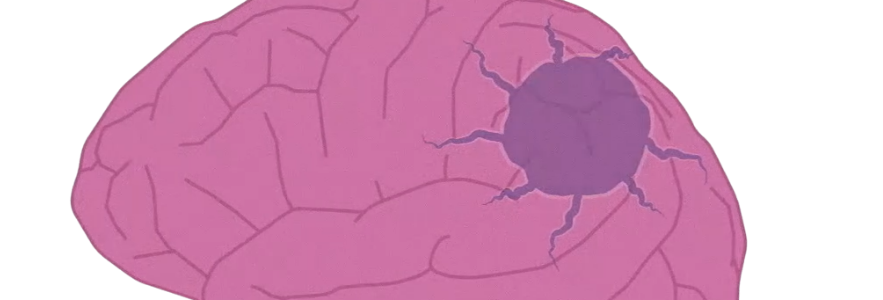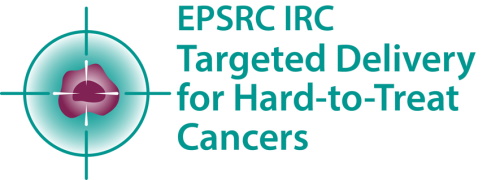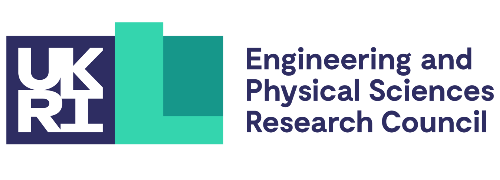
Submitted by L. Millard on Mon, 15/11/2021 - 09:18
Members of the IRC are taking part in an event at Jesus College discussing how new advances in engineering and chemistry can be used to tackle the most difficult to treat cancers.
Titled ‘What can we do about difficult cancers?’, the online and in-person event, on Tuesday 30 November at 7.30pm, brings together a number of the IRC’s multidisciplinary team for an expert panel discussion chaired by Julian Huppert, Director of the Intellectual Forum that convenes people to discuss and learn about a wide range of issues.
The Director of the IRC, Professor George Malliaras, who is based in the Department of Engineering at the University of Cambridge said: “These cancers are hard-to-treat because they come with their own defence mechanisms. Brain tumours such as glioblastoma have ill-defined boundaries making them difficult to fully remove surgically, while also being protected from conventional chemotherapy drugs by the blood-brain barrier. Pancreatic and mesothelioma tumours have fibrous outer layers making drug penetration problematic.”
The panel will include neurosurgeon Mr Stephen Price, Clinician Scientist and Hon. Consultant Neurosurgeon at the University of Cambridge, who will share his experience as a neurosurgeon and perform a simulated operation on a model brain to demonstrate the difficulty surgeons face when attempting to fully remove glioblastoma.
Also on the panel is the IRC’s, Prof Oren Scherman, Professor of Supramolecular and Polymer Chemistry at the University of Cambridge, where he leads the research team developing supramolecular hydrogels that can be loaded with drugs to target the post-operative resection cavity of the brain. The hydrogel has excellent apposition to the cavity walls and helps the drug to diffuse deeper into the margin of where the tumour was removed to be more efficient in killing the remaining cancer cells. He said: “Delivering drugs to optimise the treatment of glioblastoma is challenging. However, the materials used in the injectable hydrogels occur naturally avoiding a bad reaction to them. In addition, the material’s modulus can be matched with the surrounding tissue addressing the problem of life-threatening swelling. Our hydrogel technology is currently the most advanced of the IRC and furthest along the validation process which, I hope, offers promise for future treatment of this cancer.”
Dr Ronan Daly and his team are developing a simulation tool that enables IRC researchers to accurately explore how a drug would diffuse in the brain and carry out experiments with great precision to consider different modes of operation for an implantable deliverable device. Dr Daly said: “As new platform technologies are created to solve the world's biggest challenges, we also need new infratechnologies to support their development. These are the new underpinning tools that help with translation. They are purpose-built to enable rapid understanding and feedback to the researchers to help with design iterations. We support the technology leaders by developing these tools so they can better predict how to best help a patient.”
Dr Ljiljana Fruk, Reader in BioNano Engineering at the University of Cambridge, where she is working as part of the IRC team that develops biopolymer nanoparticles for targeted drug delivery completes the IRC panel. She said: “One of the biggest challenges today is to come up with therapeutic regimes that are more specific and more effective, ultimately not only removing cancer cells but also sparing the healthy cells and minimising side effects. We employ nanotech tools and materials and use the knowledge and experience of our oncologist and cancer biologist colleagues, to relationally design nanostructures that can penetrate through dense tumour barriers and carry the drug all the way to the cancer cells.”
The event, at Frankopan Hall, West Court, Jesus College, Jesus Lane, Cambridge, is free to attend and both online and in-person. It is part of the Intellectual Forum series of events that bring people together to discuss and learn about a wide range of issues.
• ‘What can we do about difficult cancers?’ is at 7.30pm on Tuesday 30 November. Register here.


